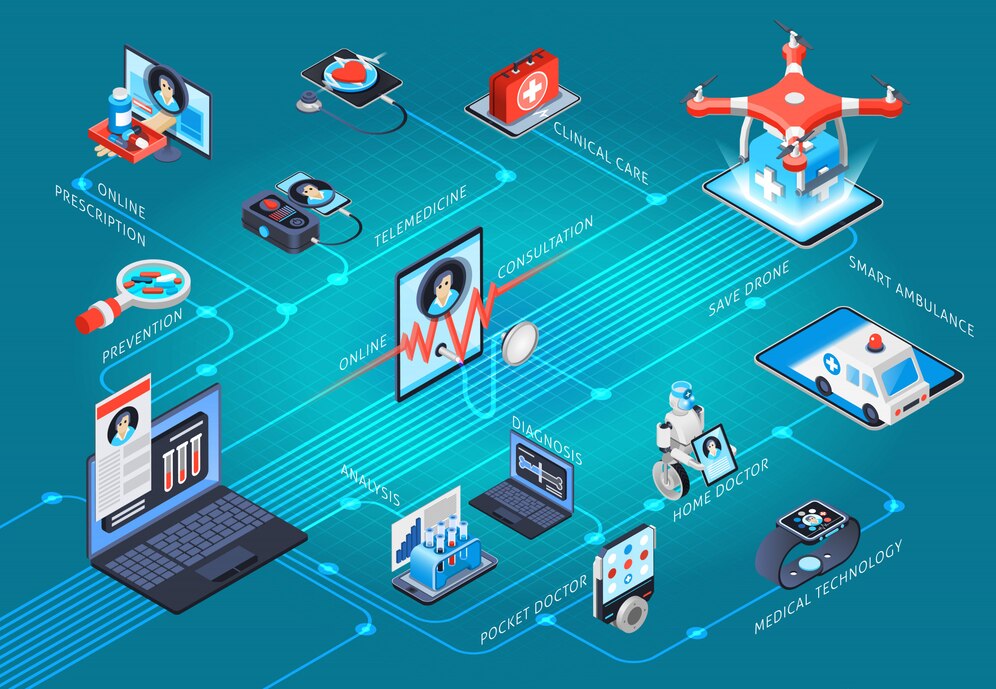Blockchain technology, originally developed for cryptocurrency transactions, has found promising applications in various industries, including healthcare. The decentralized, secure, and transparent nature of blockchain makes it an ideal solution for managing medical records. By understanding its impact, we can appreciate the potential for improved data management, patient privacy, and overall healthcare efficiency.
Enhanced Security and Privacy
-
Decentralized Data Storage: Blockchain stores data across a network of computers, reducing the risk of data breaches. Each block in the chain contains a record of transactions, making unauthorized access nearly impossible.
-
Immutable Records: Once data is added to the blockchain, it cannot be altered or deleted. This immutability ensures that medical records are accurate and tamper-proof, enhancing trust between patients and healthcare providers.
Improved Data Management
-
Interoperability: Blockchain enables seamless sharing of medical records across different healthcare providers. This interoperability ensures that patients receive consistent care, as all relevant information is readily accessible.
-
Patient Control: With blockchain, patients have greater control over their medical records. They can grant and revoke access to their data, ensuring that only authorized parties can view their information.
Challenges and Considerations
-
Scalability: Blockchain networks can become slow and inefficient as they grow. Developing scalable solutions is crucial for widespread adoption in healthcare.
-
Regulatory Compliance: Healthcare is heavily regulated, and blockchain must comply with laws such as HIPAA in the United States. Ensuring regulatory compliance while maintaining blockchain’s benefits is a complex task.
Future Potential
-
Enhanced Research: Blockchain can facilitate secure and transparent sharing of clinical trial data and other research findings. This could accelerate medical discoveries and improve patient outcomes.
-
Reduced Fraud: By providing a transparent and immutable record of transactions, blockchain can help reduce fraud and errors in medical billing and insurance claims.
Blockchain technology holds significant promise for improving the management and security of medical records. By enhancing data security, patient privacy, and interoperability, blockchain can revolutionize healthcare data management. However, addressing challenges such as scalability and regulatory compliance is essential for realizing its full potential.




